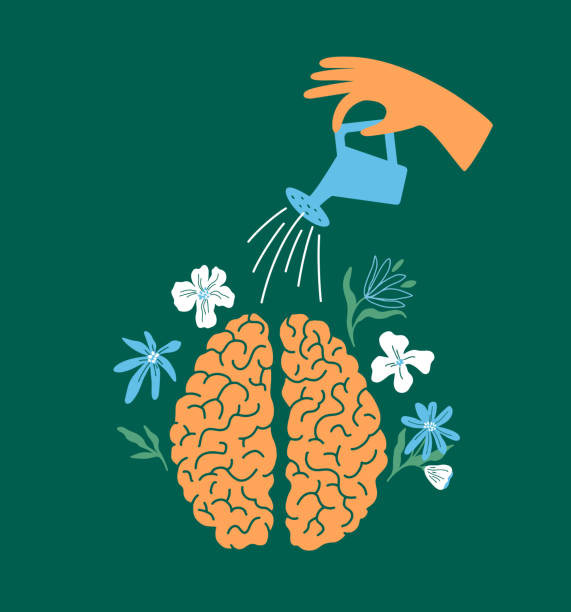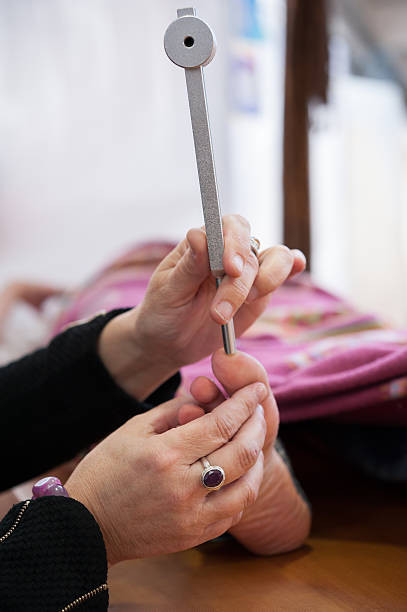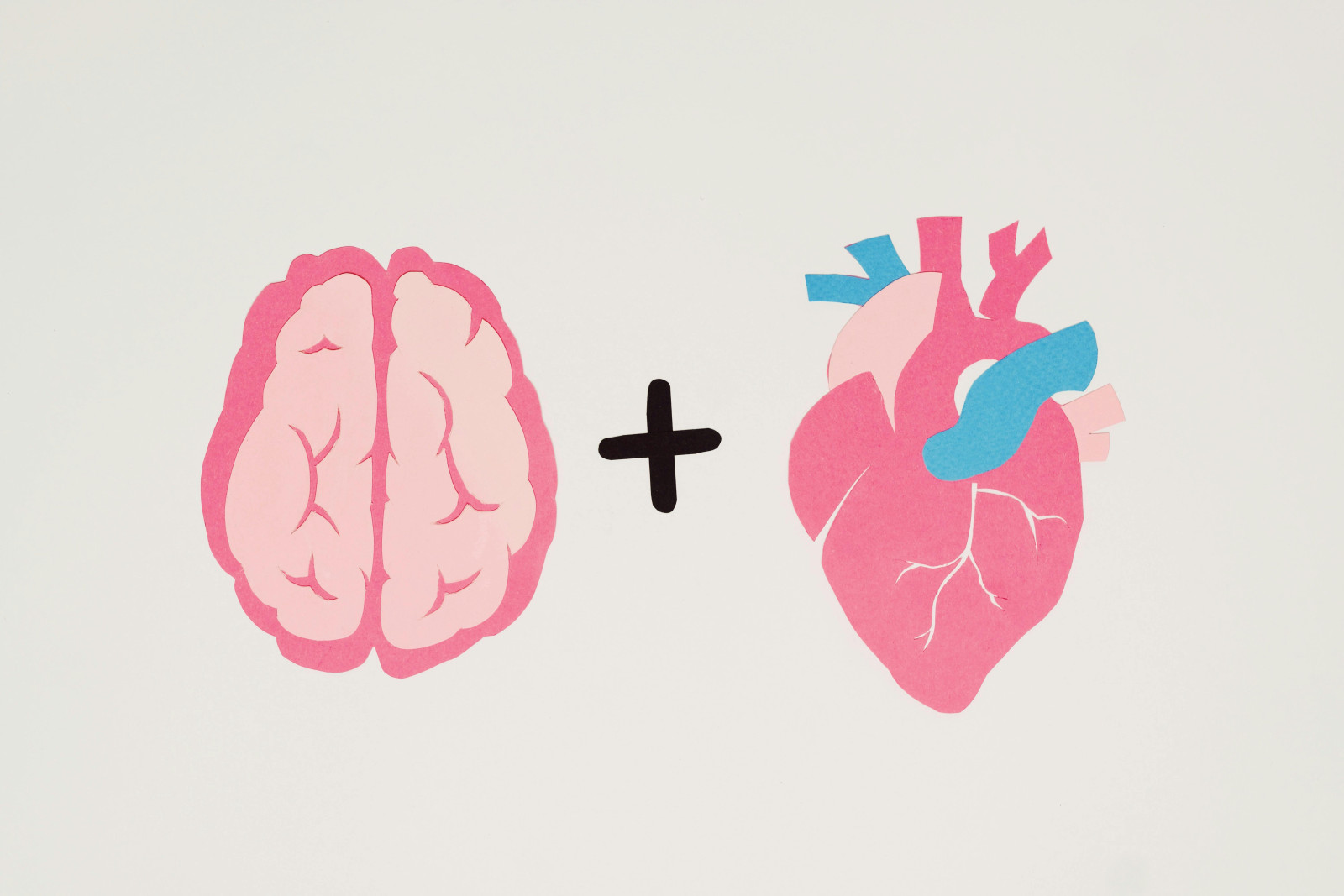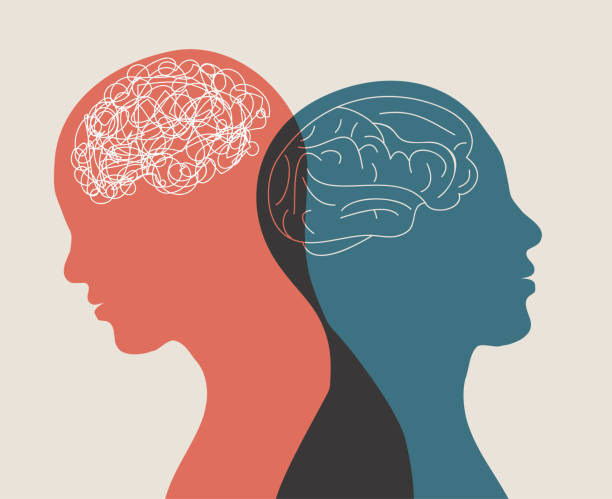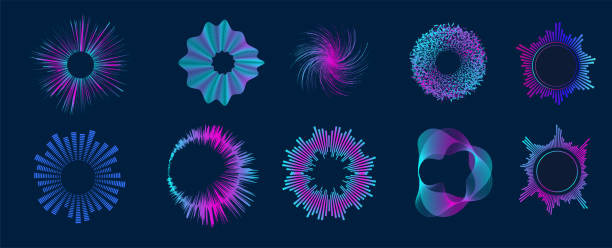
In Traditional Chinese Medicine (TCM), the concept of Yin and Yang represents the inherent balance in the body. Yin represents the cool, nourishing, and feminine aspects, while Yang symbolizes the warm, active, and masculine aspects. When the Yin energy becomes depleted, it can lead to a condition known as Yin Deficiency. This imbalance can manifest in various symptoms that affect our overall well-being. In this article, we delve into the concept of Yin Deficiency and explore the top symptoms experienced by individuals.
1. Thirst and Dryness
One of the hallmark signs of Yin Deficiency is excessive thirst, accompanied by dryness in the mouth, throat, and skin. The body fails to retain moisture, resulting in dry, cracked lips, parched tongue, and a general feeling of dehydration. This symptom can worsen during the night, leading to disrupted sleep and further complicating the condition.
2. Hot Flashes and Night Sweats
Yin Deficiency often affects menopausal women, leading to intense hot flashes and night sweats. These episodes result from the imbalance between Yin and Yang energies, with diminished Yin failing to cool and nourish the body properly. As a result, women may experience sudden, intense heat waves, accompanied by perspiration, palpitations, and sometimes anxiety or irritability.
3. Insomnia and Restlessness
The depletion of Yin energy can disrupt the body's natural rhythms and affect sleep patterns. Individuals with Yin Deficiency may struggle with falling asleep or experience restless and light sleep patterns, leading to persistent insomnia. These sleep disturbances affect their overall energy levels and may contribute to increased irritability, mood swings, and difficulty concentrating during the day.
4. Weakness and Fatigue
Yin represents nourishment and deep reserves of energy within the body. When Yin Deficiency occurs, individuals may experience varying degrees of weakness, fatigue, and depleted vitality. This symptom is often associated with chronic stress, overwork, or prolonged illness, as the body struggles to replenish its essential Yin reserves.
5. Emotional Imbalances
According to TCM, Yin and Yang imbalances can affect emotional well-being. People with Yin Deficiency often report experiencing heightened anxiety, irritability, and mood swings. The absence of the cooling and calming qualities of Yin energy can lead to restlessness, insomnia, and a sense of unease. Balancing Yin energy is crucial for emotional stability and a greater sense of calmness.
6. Dry Skin and Hair Loss
Yin Deficiency can manifest externally, affecting the skin, hair, and nails. Skin may become dry, dull, and prone to premature aging. Hair loss, particularly thinning or sparse hair on the scalp, may also occur. These external manifestations serve as visual reminders of the internal Yin Deficiency and emphasize the need to address the imbalance holistically.

Top Chinese Herbal Formulas
1. Liu Wei Di Huang Wan (Six-Ingredient Rehmannia Pill): This formula is frequently used to tonify Yin deficiencies in the Kidney and Liver organs. It helps nourish the Yin, clear heat, improve vitality, and treat dryness-related symptoms.
2. Zhi Bai Di Huang Wan (Anemarrhena and Phellodendron Rehmannia Pill): Specifically targets Yin deficiency with heat conditions. It is commonly used for menopausal symptoms, night sweats, insomnia, and dryness.
3. Mai Wei Di Huang Wan (Ophiopogonis Rehmannia Decoction): This formula is suitable for Yin deficiency causing dry mouth, thirst, and a dry cough. It focuses on nourishing the Yin and promoting fluid production to alleviate dryness symptoms.
4. Er Xian Tang (Two Immortals Decoction): Often used for women experiencing Yin deficiency-related symptoms during menopause, such as hot flashes, night sweats, and mood swings.
Yin Deficiency is a common condition in TCM, affecting individuals who lead busy, stress-filled lives, experience hormonal imbalances, or have inadequate self-care practices. Understanding the symptoms associated with Yin Deficiency allows us to recognize the signs our bodies are communicating and take appropriate steps to restore balance. Incorporating nourishing foods, stress-reduction techniques, acupuncture, herbal remedies, and lifestyle adjustments can help replenish Yin energy and promote overall well-being in a more holistic sense. By addressing Yin Deficiency, we can restore the body's harmony and cultivate optimal health and vitality.
*Note: It is essential to consult with a qualified TCM practitioner or herbalist before using any Chinese herbal formulas. Please contact me with questions or schedule an herbal consult to get started!

